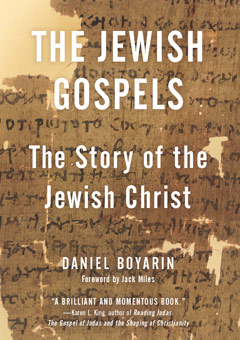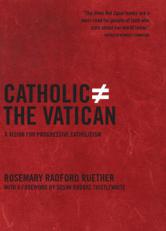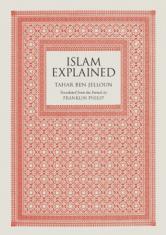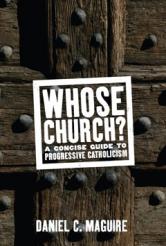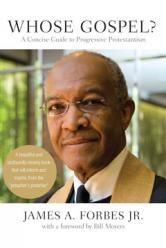The Jewish Gospels
From the author Tony Kushner calls an “essential scholar/sage,” a major, radical new argument that challenges the very origins of Christianity
“A brilliant and momentous book.” —Karen L. King, Hollis Professor of Divinity at Harvard Divinity School and author of The Gospel of Mary Magdala: Jesus and the First Woman Apostle
In July 2008 a front-page story in the New York Times reported on the discovery of an ancient Hebrew tablet, dating from before the birth of Jesus, which predicted a Messiah who would rise from the dead after three days. Commenting on this startling discovery at the time, noted Talmud scholar Daniel Boyarin argued that “some Christians will find it shocking—a challenge to the uniqueness of their theology.”
In this powerful, groundbreaking work, Boyarin guides us through a rich tapestry of new discoveries and ancient scriptures to make the powerful case that our conventional understandings of Jesus and of the origins of Christianity are wrong. Boyarin’s scrupulously illustrated account argues that the coming of the Messiah was fully imagined in the ancient Jewish texts. Jesus, moreover, was embraced by many Jews as this person, and his core teachings were not at all a break from Jewish beliefs and teachings. Jesus and his followers, Boyarin shows, were simply Jewish. What came to be known as Christianity came much later, as religious and political leaders sought to impose a new religious orthodoxy that was not present at the time of Jesus’s life.
Published to nationwide attention, this brilliant work will continue to challenge some of our most cherished assumptions.
Topics:
Praise
|
|

